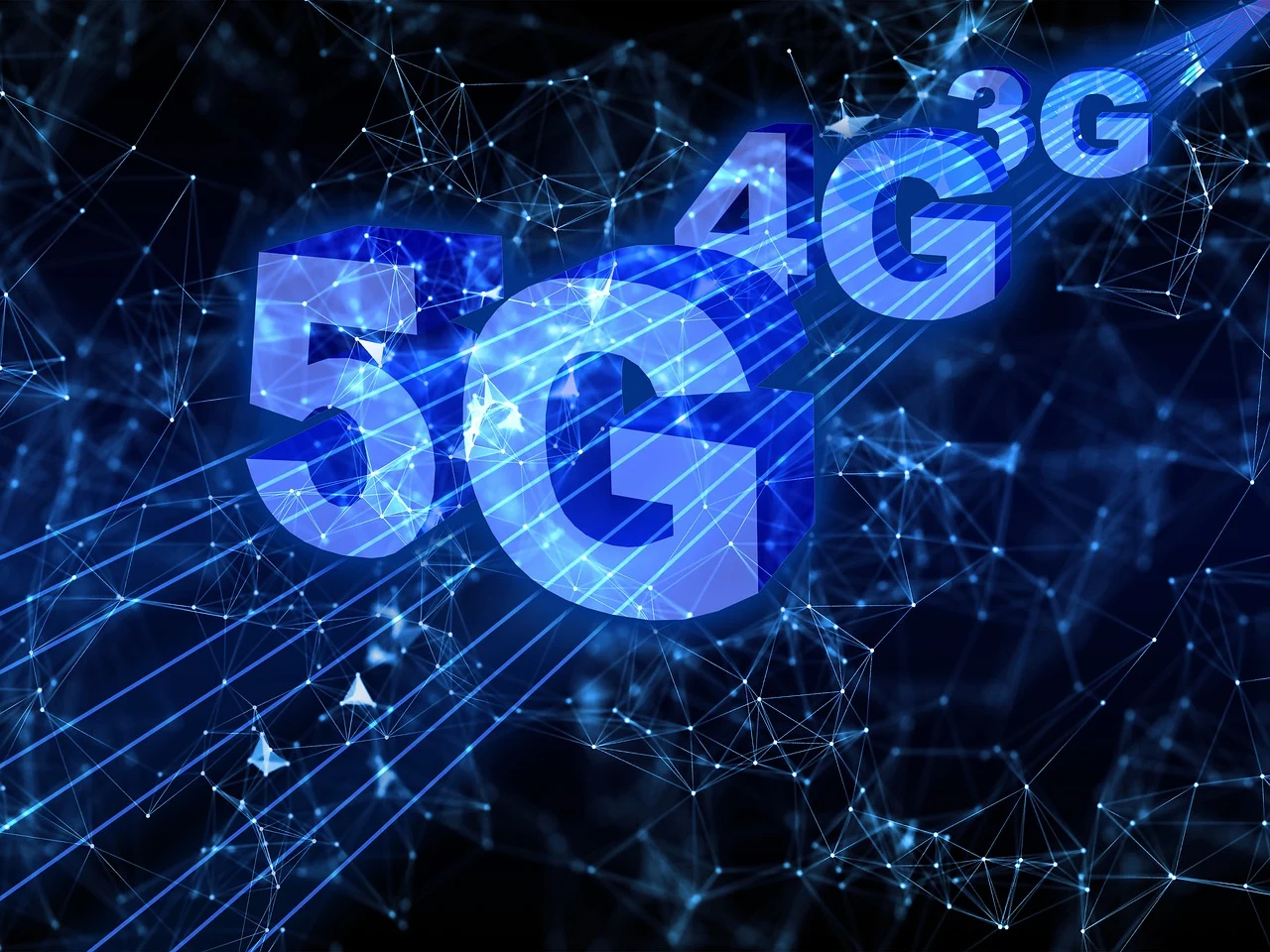The advent of 5G technology has brought forth a transformative wave that promises to revolutionize the world as we know it. With its lightning-fast speeds, ultra-low latency, and massive device connectivity, 5G holds the key to unlocking immense opportunities across various sectors. From healthcare and transportation to education and entertainment, the impact of 5G applications will be profound. In this article, we delve into how 5G can change the world and explore the exciting opportunities that lie within 5G application development.
. Empowering Industries with Seamless Connectivity (350 words): One of the significant ways in which 5G can change the world is through its ability to empower industries with seamless connectivity. The healthcare sector, for instance, will witness groundbreaking advancements such as real-time remote surgeries and telemedicine consultations. Patients in remote areas will gain access to top-notch healthcare services, bridging the gap between urban and rural communities.
Transportation, another critical sector, will experience a significant transformation with the implementation of 5G. Self-driving cars will communicate seamlessly with each other and with traffic systems, enhancing safety, reducing congestion, and minimizing travel times. Additionally, smart cities will leverage 5G technology to create interconnected infrastructures, fostering sustainability and improving the quality of life for urban dwellers.
II. Revolutionizing User Experiences : 5G applications have the potential to revolutionize user experiences across multiple domains. Augmented Reality (AR) and Virtual Reality (VR) will reach new heights, offering real-time, immersive gaming, virtual meetings, and interactive educational tools. Entertainment experiences will be elevated with high-quality streaming, augmented reality product try-ons, and immersive virtual shopping environments.
The Internet of Things (IoT) will flourish with 5G connectivity, connecting billions of devices seamlessly. Smart homes, wearables, and appliances will integrate into our daily lives, creating a more interconnected and efficient ecosystem. Additionally, education will undergo a transformation, with 5G enabling immersive virtual classrooms, personalized learning experiences, and global collaboration, making education more accessible and engaging.
III. Opportunities in 5G Application Development : The rise of 5G technology brings forth a plethora of opportunities in application development. The high-speed, low-latency nature of 5G opens doors to creating innovative solutions that were previously unattainable. Developers and businesses have the chance to pioneer groundbreaking applications across industries.
In healthcare, 5G application development can focus on enhancing telemedicine platforms, remote patient monitoring, and real-time data analytics. With the ability to transmit vast amounts of data seamlessly, healthcare professionals can make better-informed decisions and provide timely interventions.
The transportation sector offers immense possibilities for 5G application development. Developers can focus on creating intelligent transportation systems, traffic management solutions, and enhanced connectivity for autonomous vehicles. By leveraging the capabilities of 5G, transportation can become safer, more efficient, and environmentally friendly.
Moreover, the entertainment industry can harness the power of 5G to develop immersive experiences, such as virtual concerts, interactive live events, and high-quality streaming platforms. Augmented reality gaming and virtual reality experiences will become more seamless and engaging, transforming the way we consume entertainment.
The arrival of 5G technology heralds a new era of connectivity and innovation, offering the potential to change the world across various sectors. With its unprecedented speed, low latency, and massive device connectivity, 5G empowers industries, revolutionizes user experiences, and opens up exciting opportunities in application development. The healthcare sector can benefit from remote surgeries and telemedicine consultations, while transportation can become safer and more efficient with enhanced connectivity for autonomous


